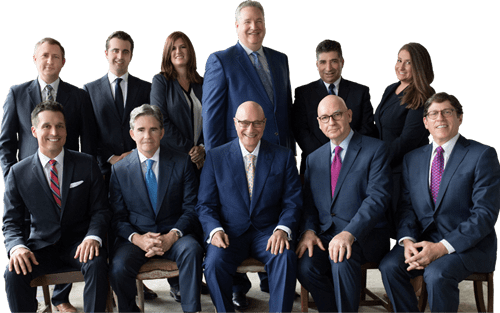Did you know that over-the-counter supplements are not regulated by the U.S. Food and Drug Administration? They are nevertheless subject to some rules. For example, they may not legally contain pharmaceutical drugs that haven’t been approved in the U.S.
According to a recent study published in the journal Neurology Clinical Practice, however, some supplements aren’t following even that rule. A team of researchers bought 10 supplements online that made claims about sharpened mental focus or memory enhancement. Some of them were openly labeled as containing drugs that are not approved in the U.S., but which are prescribed in other countries.
That could be potentially dangerous, because the FDA hasn’t yet determined that the drugs in question are safe and effective. However, the supplements were also problematic for other reasons:
- In three-quarters of the supplements, the label listed an inaccurate quantity of the drug
- Some of the supplements contained two to four times the ordinary dose of the drugs
- Some supplements contained other unapproved drugs that were not on the label
- Some drug combinations had never been tested, raising the risk of dangerous interactions
The researchers, who were from Harvard Medical School, were surprised by the findings.
“I have gotten used to the fact that foreign drugs are being sold directly to consumers as supplements,” said one researcher, a Harvard Medical School professor. “But I was surprised by how many different drugs are being sold in these products.”
According to the Government Accountability Office, sales of memory supplements nearly doubled by value between 2006 and 2015 and are growing more quickly than the overall supplement market.
Piracetam, picamilon and phenibut
Piracetam was the drug found on the labels of most of the supplements. It is prescribed in Europe, Asia and Latin America to treat dementia, brain injury, stroke and other neurological issues. However, it is not approved in the United States.
The researchers found piracetam and related chemicals in the supplements at two to four times the typical dose you would receive abroad, however.
Also present but not included on the label of some of the supplements were picamilon and phenibut. These drugs are prescribed in Russia to treat neurological conditions, anxiety and sleep problems. The FDA has already warned companies that it is illegal to sell picamilon or phenibut in the U.S. as a supplement.
According to the Centers for Disease Control and Prevention, phenibut resulted in a substantial rise in poison control calls between 2009 and 2019. The poisoning was life-threatening or resulted in significant disability in one out of every eight cases.
These pharmaceuticals have been associated with serious side effects, including both increased and decreased blood pressure, agitation, sedation, insomnia, dependence and hospitalization. Again, the drugs have never been tested in combination.
A supplement industry spokesperson insisted that the study was not representative of the brain health supplement market as a whole. However, the researchers were easily able to find supplements with the prohibited and unlisted ingredients.
Talk to your doctor
Avoid taking unregulated supplements for brain health. It’s probably a waste of money and it could be quite dangerous if you get one containing unapproved pharmaceuticals. If you are concerned about your brain health, focus on getting adequate nutrition and sleep. Then, talk to your doctor about whether there are FDA-approved drugs that would be appropriate for you.













